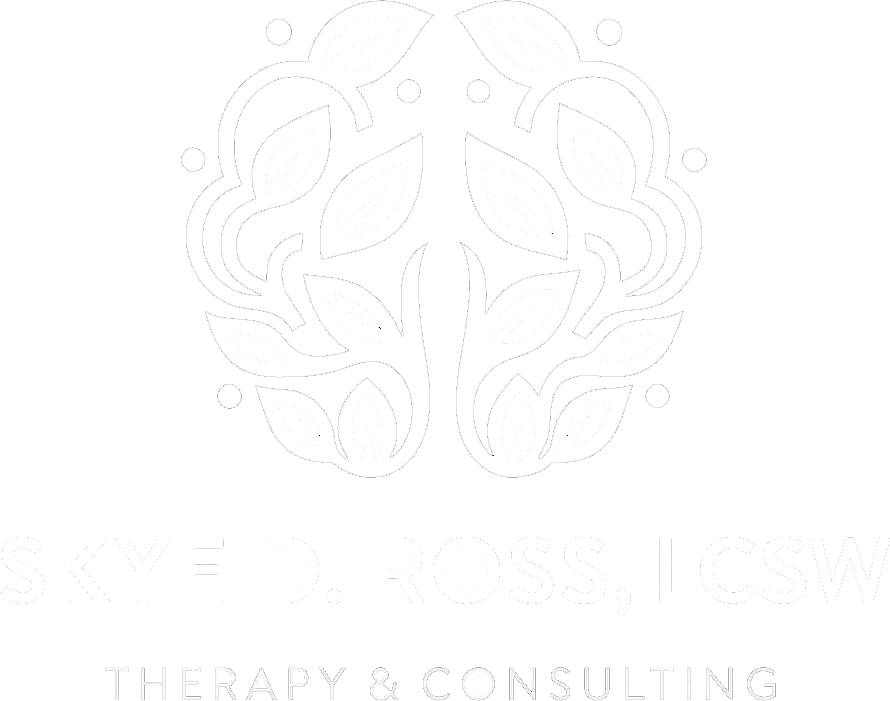A lot of therapists prefer to “dabble” in diverse professional trainings rather than chasing certifications. Others are credential-oriented and seek the highest certification possible in one ore multiple modalities. It is possible to become proficient in a modality without certification, but EMDR certification matters because it enables you to provide truly trauma-informed treatment.
EMDR Is a Trauma Modality
EMDR is primarily a modality that treats trauma. While someone’s presenting problem may be an acute traumatic event, that is rarely the whole story. People who have experienced trauma often have other vulnerabilities that need to be accounted for as part of your treatment. In addition to PTSD, people who have experienced trauma are more prone to difficulty attaching, depression, anxiety, disordered substance use, and personality symptoms. A history of trauma correlates with HIV diagnosis and outcomes as well as engaging in HIV risk behaviors. Trauma histories are also correlated to autoimmune disorders, including rheumatoid arthritis and fibromyalgia. Quality EMDR consultation offers someone to guide you through your work with complex cases and symptom presentations.
Why Bother Becoming Certified?
The certification process intends to ensure that EMDR-certified therapists are competent in their practice. While gatekeeping in social work can be problematic at times, the high standards of EMDRIA certification are worthwhile. I became significantly more competent in practicing EMDR with a variety of presentations through my certification process.
- Advanced certification in a trauma modality indicates your dedication to treating trauma effectively.
- Going through the certification process signals your ability to hold space for the entirety of a traumatized client’s experience.
- Through the process, you will grow your confidence and get meaningful insight into how to improve your practice
- Being certified makes it more likely that your preferred clients can find you. Once certified, you can list yourself as an EMDRIA-approved therapist through your networks and on the EMDRIA website.
Requirements of EMDR-Certified Therapists
To become certified in EMDR, your therapist has met the following criteria to support their ability to practice with increasingly complex trauma presentations:
- The practitioner is fully licensed in their field
- Provided at least 50 sessions of EMDR to at least 25 different clients
- Completed at least 20 hours of EMDR consultation with an EMDRIA-certified consultant or consultant-in-training
- Submitted letters from consultants and consultants-in-training affirming their ability to practice EMDR, all 8 phases and all 3 prongs
- Submitted 2 additional letters from peers
- Completed at least 12 hours of advanced EMDR training (and 12 hours of advanced training every 2 years to maintain their certification)
